The purpose of is this article is to know about different definitions of culture in anthropology given by various scholars.
Concept of Culture: The word culture is derived from the Latin word Colere or Coltus which means to cultivate or to produce. To get a detailed description, go through- Culture.
What is Culture: There are different definitions given by different scholars.
Kroeber and Kluckhohn in their paper entitled, “Culture: A Critical Review of Concepts and Definitions”, told that culture has 108 meanings.
Generally, Culture means good behaviour, good knowledge and good interactions or thinking etc. but there are different meanings of culture in different subjects.

In Literature– Literature like Mathew Arnold has termed ‘Light and Softness’ as culture.
In Sociology– According to Sociologists like Sorokin and MacIver: Culture stands for moral, spiritual and intellectual attainment of man.
In sociology, culture only means non-material culture while in anthropology culture means material as well as non-material culture ( we will discuss material and non-material culture later).
In Medical science– Here culture means its different fragments like Urine culture, Spin culture etc. (these are the forms of tests which are performed in medical science).
In Sanskrit– In Hindi terms, ‘Sanskriti’ (Culture) has been taken from the Sanskrit language. Both ‘Sanskrit’ and ‘Sanskriti’ have been composed of the term ‘Sanskaar’. In Sanskrit language, Culture means ‘rites and rituals’,
For the Government department– it means the sense of Dance, Art, Drama, Music etc.
Anthropological definitions of culture:
- Edward Burnett Tylor was the first anthropologist to define culture anthropologically. In his book, ‘Primitive Culture’(1871), he defines culture as, “ Culture or Civilization taken in a vast ethnographic sense, is that complex whole which includes knowledge, belief, art, morals, law, custom and any other capabilities and habits acquired by man as a member of society”.
Various features of this definition are as follows-
- Culture is a gift of society given to its members.
- Culture is a social heritage, social heritage is governed by social laws of inheritance.
- Culture is socially transferred from generation to generation and within the same generation.
- He had no idea of ‘Integrated whole’, that’s why he called culture a ‘Complex whole’.
- He treated ‘Culture’ and ‘Civilization’ as the same.
- He used terms like ‘Culture’ (not ‘Cultures’), ‘Civilization’ (not ‘Civilizations’) which is in the singular number. Thus, he talked about a single global culture/civilization.
- Malinowski was the second anthropologist to define culture anthropologically. According to him, Culture is a total way of life and it includes all the Mental, Social and Physical apparatus.
In other words, he defined ‘Culture’ as a system of derived needs and an organized system of purposeful activities. He calls culture an Integrated whole.
- Bidney: “Culture is the product of Agrofacts, Artefacts, Sociofacts and Mentifacts”.
Thus he told that culture includes the following-
- Agrofacts- a product of cultivation
- Artefacts- a product of industry
- Sociofacts- a product of the social organization
- Mentifacts- a product of religion, art, aesthetics, folklore, music etc.
He classified culture into 2 categories-
- Material culture – Agrofacts and Artefacts
- Non-material culture – Sociofacts and Mentifacts
- E. A. Hoebel: In his book, ’ ‘Man in Primitive World’ defined culture as, “Culture is an integrated system of learned behaviour pattern which are characteristics of matter of society and which are nor the result of biological inheritance”.
According to him, culture is shared.
- Herkovits: Culture is a man-made part of the total environment.
- Radcliffe Brown: “It is the sum of total of conventional meaning embodied in artefacts, social structure and symbols”. Culture is a social heritage that perpetuates social life.
- A. L. Kroeber: Culture is a stream of Ideas. It is the sum total of learned behaviour and transferred behaviour and also the behaviour created by techniques, thoughts and values.
According to him, culture has 4 subdivisions-
- Reality culture– it includes material things, objects, methods and training which are created by the members of society.
- Social culture- it includes a network of social relations and their institutions. According to Kroeber, the complexity of social structure cannot be understood on the basis of reality culture.
- Value culture- it includes Values, Views, Ideas and Morality. By this, the path of human life is directed.
- Language culture- it is the whole unit of culture. In comparison to the other three cultures, it is considered as completely independent and autonomous. Language can extend culture and so it is considered an integral part of every culture.
- Ruth Benedict: Culture is a system of patterns.
- Robert Redfield: Culture includes traditions, Values, World Views etc.
- Ralph Linton: Culture may be defined as the sum total of knowledge, attitudes and natural behaviour pattern shared and transmitted by the member of a particular society.
- Culture is learned patterns of behaviour.
- Linton divided ‘Roles’ into 2 categories- Ascribed and Achieved.
- He made a distinction between- ‘Culture’ and ‘Culture Construct’.The way of life of people is one thing and what we study and what we write about is another thing. The former is real and is called ‘Culture’; the latter is understanding and interpretation of the culture, and it is called ‘Culture Construct’.
- He divides culture into 2 categories-
- Real culture (Actual culture/ Behaviour)- means- what culture actually is.
- Ideological culture (Philosophical culture/ Traditional culture)- means- what culture actually should be.
- Leslie White: Culture includes those material objects, functions, believes and mentality which are a gift of the human mind. (in the book- The Science of Culture)
- Kluckhohn: defined culture as “all those historically created designs for living, Explicit and Implicit, rational, irrational which exits at any given time as potential guides for the behaviour of man”.
- For Anthropologists, Culture basically means- Acts, Ideas and Things. According to this, Anthropologists are divided into 2 categories-
- Realists- These believe that culture is created by act, ideas and things only.
- Idealists- These believe that culture is the total way of life not just created by the act, ideas and things only.
- There are lots of meanings of culture and varies from subject to subject. According to Beals and Hoijer, in their book, ‘An Introduction to Anthropology’, the term culture, as used by anthropologists, may be applied as follows-
- To the way of life or designs for living common at any one time to all mankind, or
- To the way of living peculiar to a group of societies between which there is a greater or lesser degree of interaction, or
- To the patterns of behaviour peculiar to a given society, or
- To special ways of behaving characteristics of the segments of a large and complex organized society.
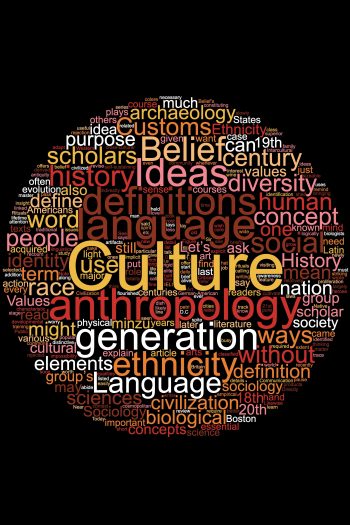
Culture identities in India are formed based on Religion, Region and Ethnicity. Of these, religion is a false indication: except belief, forms of worship and rituals, there is little that is common among those who follow a particular faith.
Read more:
- The Maharaj Libel Case of 1862: A Landmark in Colonial Legal and Social History
- Acclimatization: The Subtle Dance Between Humans and Their Environment
- The Anthropology of Sleep
- Lamarck’s Theory of Evolution
- Bipedalism and Structural Changes


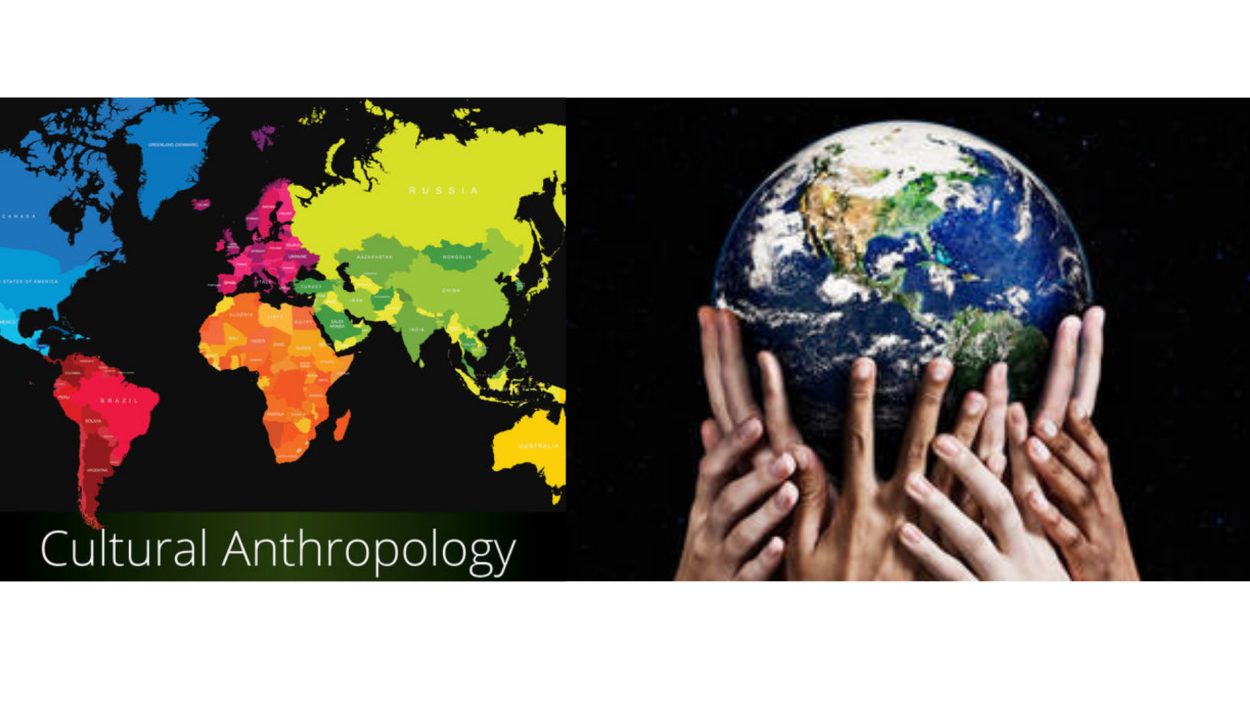


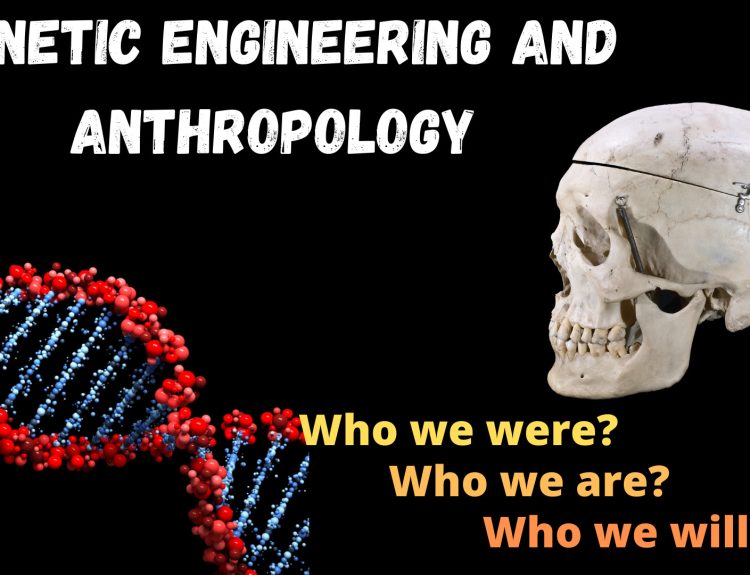
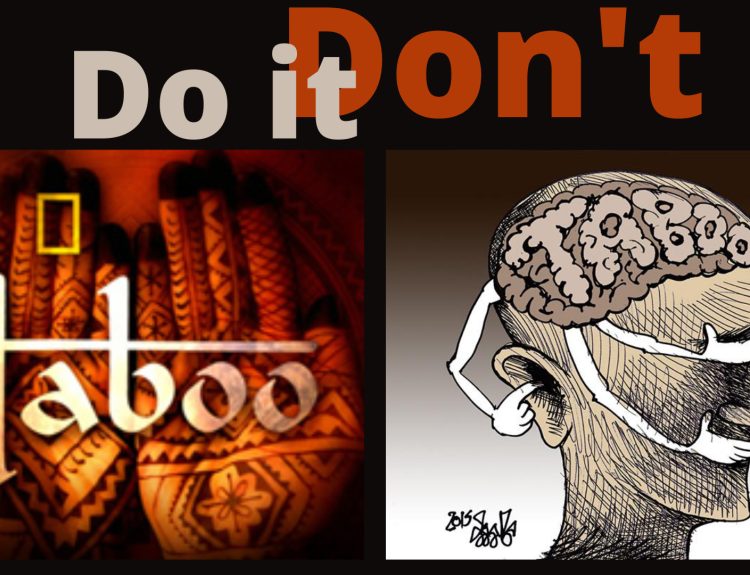
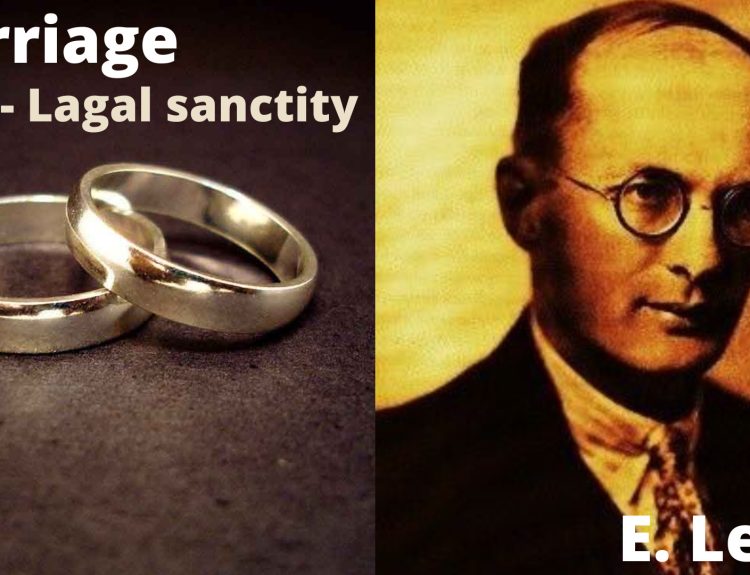
5 Comments
Rachele
3 years agoIt’s going to be finish of mine day, but before
ending I am reading this great post to improve my experience.
Jeanne
3 years agoI don’t even know how I ended up here, but I thought
this post was good. I don’t know who you are but definitely you are going to a famous blogger if you aren’t already 😉 Cheers!
Dominique
3 years agoPlease let me know if you’re looking for a writer for your blog.
You have some really good articles and I believe I would be a good asset.
If you ever want to take some of the load off, I’d really like to
write some articles for your blog in exchange for a
link back to mine. Please send me an email if interested.
Regards!
Lorene
3 years agomagnificent publish, very informative. I wonder why the opposite experts of this sector do
not notice this. You must proceed your writing. I’m
confident, you’ve a huge readers’ base already!